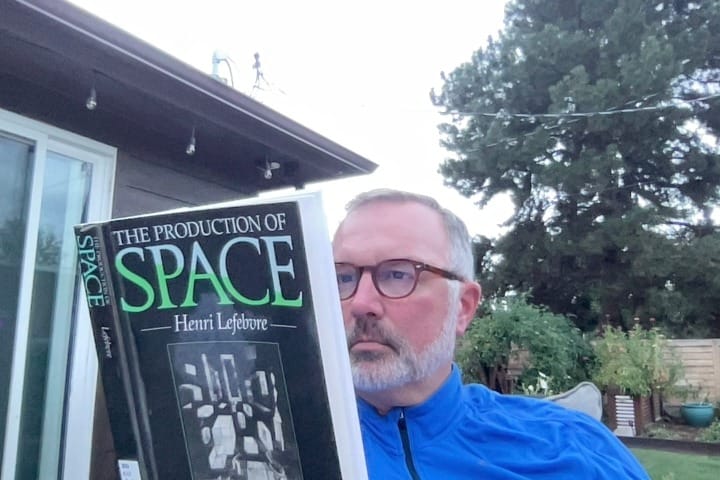The Author

Chris Blanchard, Ph.D.
Urban Historian | Civic Strategist | Planning Theorist
Chris Blanchard is a civic scholar rooted in one of the most distinguished intellectual lineages in American historiography. He earned his Ph.D. in Urban Studies from Portland State University as the final graduate student of Carl Abbott, the most cited urban historian of recent decades. Abbott was advised by Richard Wade—widely regarded as the most cited urban historian in American history—whose own mentor was Arthur Schlesinger Sr., a towering figure in 20th-century historical scholarship. That lineage traces directly to Charles Beard, who helped establish the academic discipline of history in the United States. Blanchard’s work carries forward this tradition, blending rigorous analysis with a deep commitment to public life.
Blanchard served as Chief of Staff to the Boise City Council and spent four years as a Planning Commissioner, including during the city’s comprehensive zoning code rewrite—one of the most ambitious municipal planning efforts in Idaho’s history. He also taught in the graduate Community and Regional Planning program at Boise State University, where his courses explored planning theory, public finance, and sustainability.
His first book, Changing the Face of the Earth: Harry W. Morrison and the Building of the Twentieth Century, detailed how the civil construction industry helped transform the U.S. federal government into a global powerhouse. Blanchard’s writing has appeared in Planning (American Planning Association), Urban Land (Urban Land Institute), and his commentary has been featured on National Public Radio (NPR) and regional television outlets. Blanchard is also a contributing author to Cities, Sagebrush, and Solitude: Urbanization and Cultural Conflict in the Great Basin, a landmark regional history edited by one of the most influential political scientists of the 20th century, Dennis Judd.
With a voice that bridges academic rigor and public accessibility, Blanchard is building a new body of work that explores tactical disruption, municipal resistance, and the urban theater of American democracy. His forthcoming book draws on lived experience, historical insight, and strategic design to offer a compelling framework for planners, activists, and civic leaders navigating the contested terrain of modern governance.